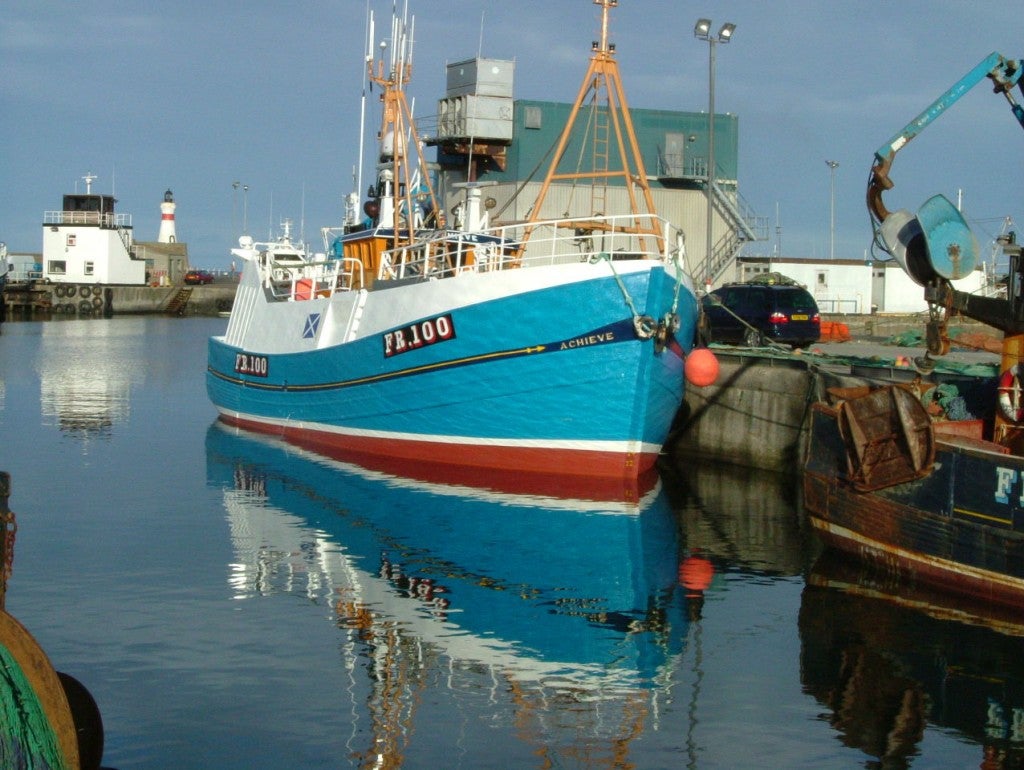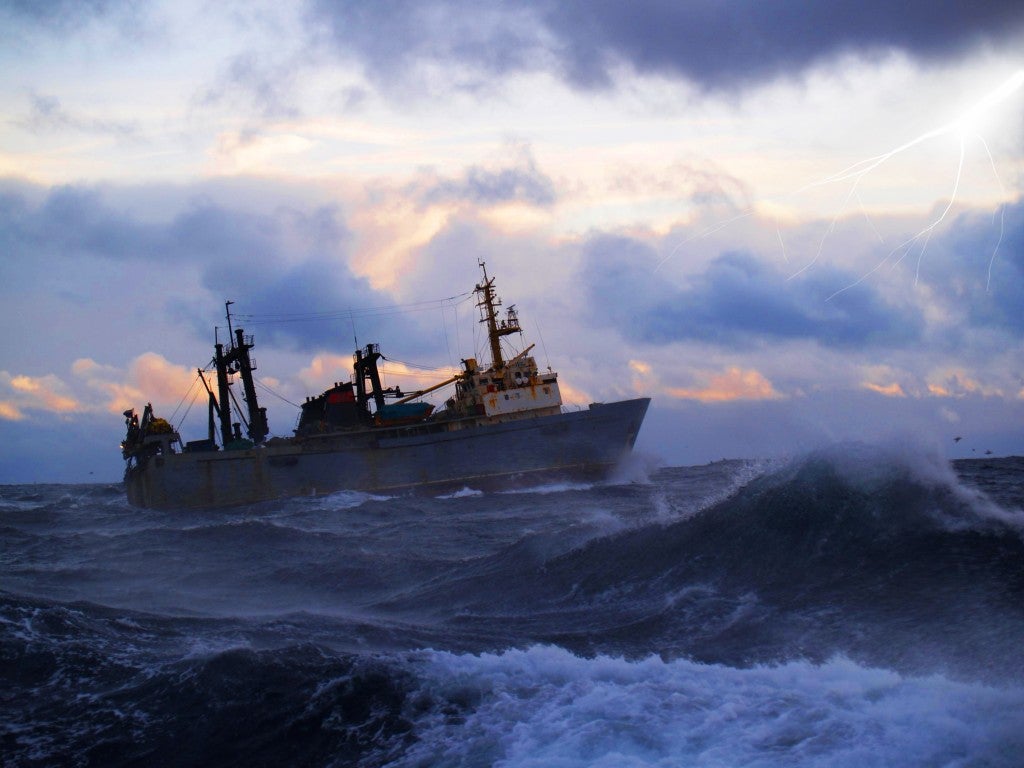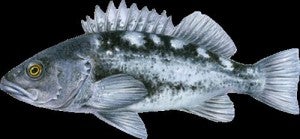
photo credit: coliedog mac via photopin cc
This is a pivotal time for Scottish fisheries. With the challenges of implementing the European Union’s ambitious Common Fisheries Policy (CFP) coupled with the recent Scottish Government consultation with fishermen and other stakeholders on the future of Scottish quota management, collaboration is essential. This government consultation is an opportunity for change and for fishermen, industry representatives and others to make their views heard. Creating solidarity around key principles is a great way to do this – and it’s even better if those views can be represented across the fleet. The Scottish Whitefish Producer’s Association (SWFPA) recognise this and hosted a workshop in Peterhead, Scotland on October 1 to help jumpstart the conversation about the future of quota management in Scotland.
EDF’s EU oceans team was invited to help facilitate and arranged for representatives from fisheries in Denmark, the United States and Canada to share their knowledge about what it means to go through a system of change. What all of these experiences have a common is that fishermen and fishing representatives must be at the heart of any process towards change. Creating platforms for working collaboratively and exchanging ideas and values can be a great way to carve through the complexity of government proposals while at the same time giving individuals an opportunity to think about what is really important to them. The workshop in Peterhead did just that. Read More











 A friend of mine recently asked me, ‘Why do you work on fisheries?’
A friend of mine recently asked me, ‘Why do you work on fisheries?’ American fishermen are 23 times more likely than the average American worker to die on the job.
American fishermen are 23 times more likely than the average American worker to die on the job.
